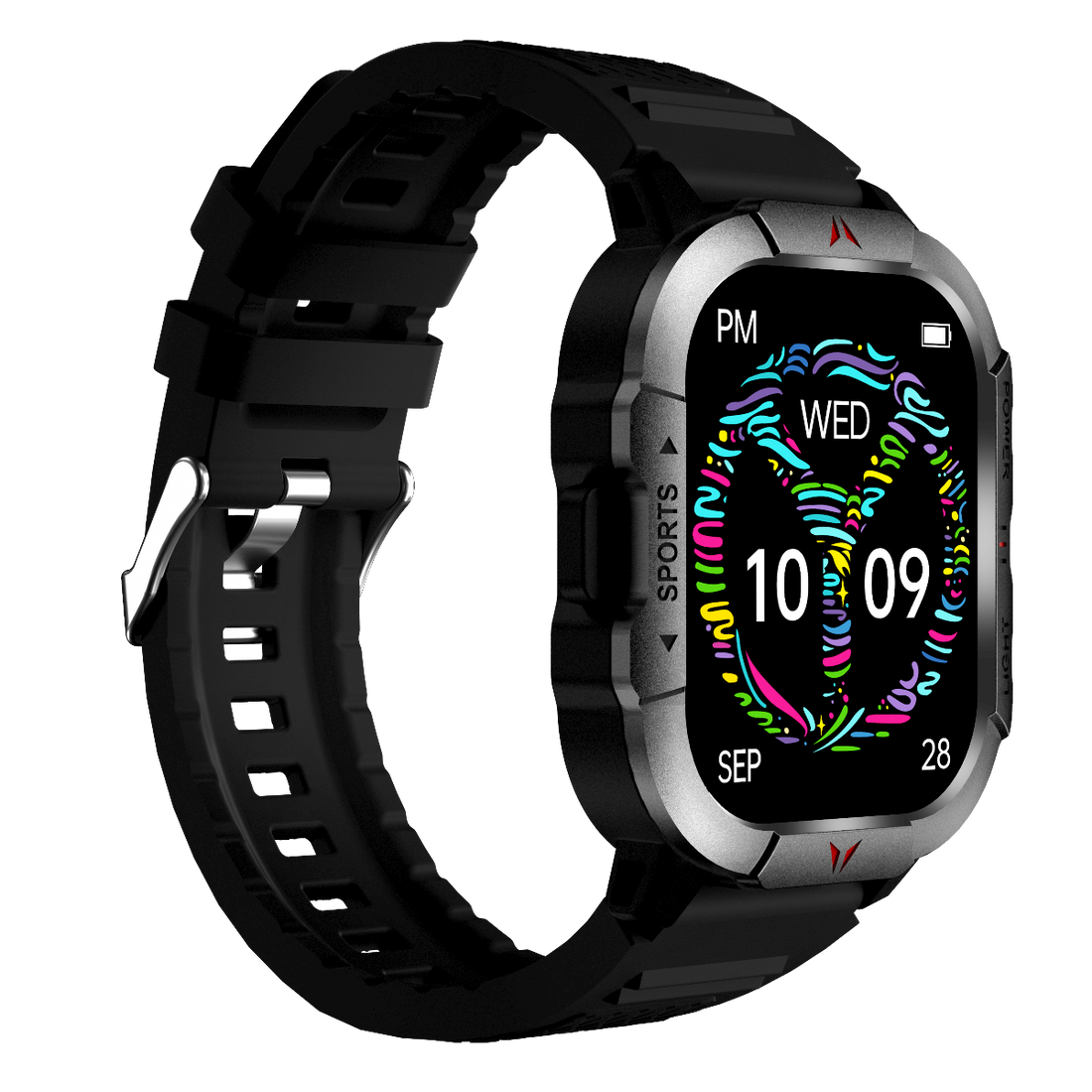
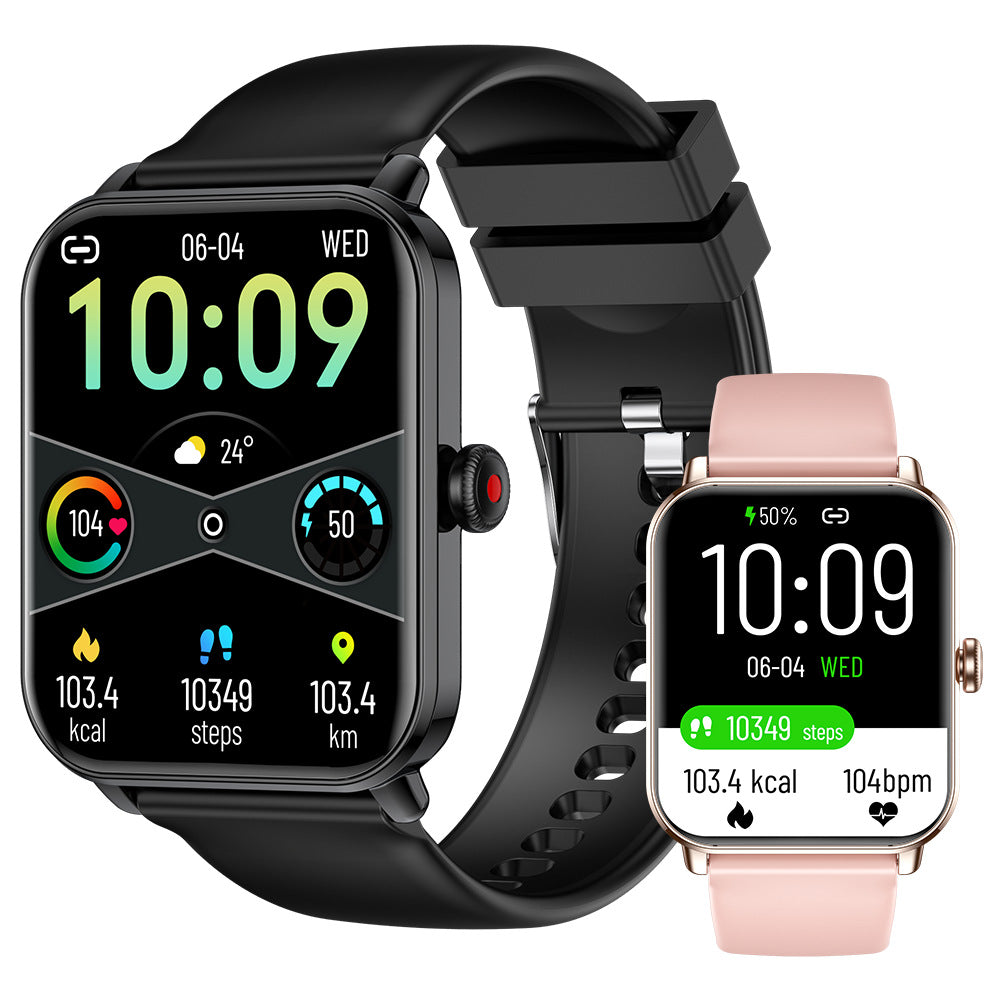
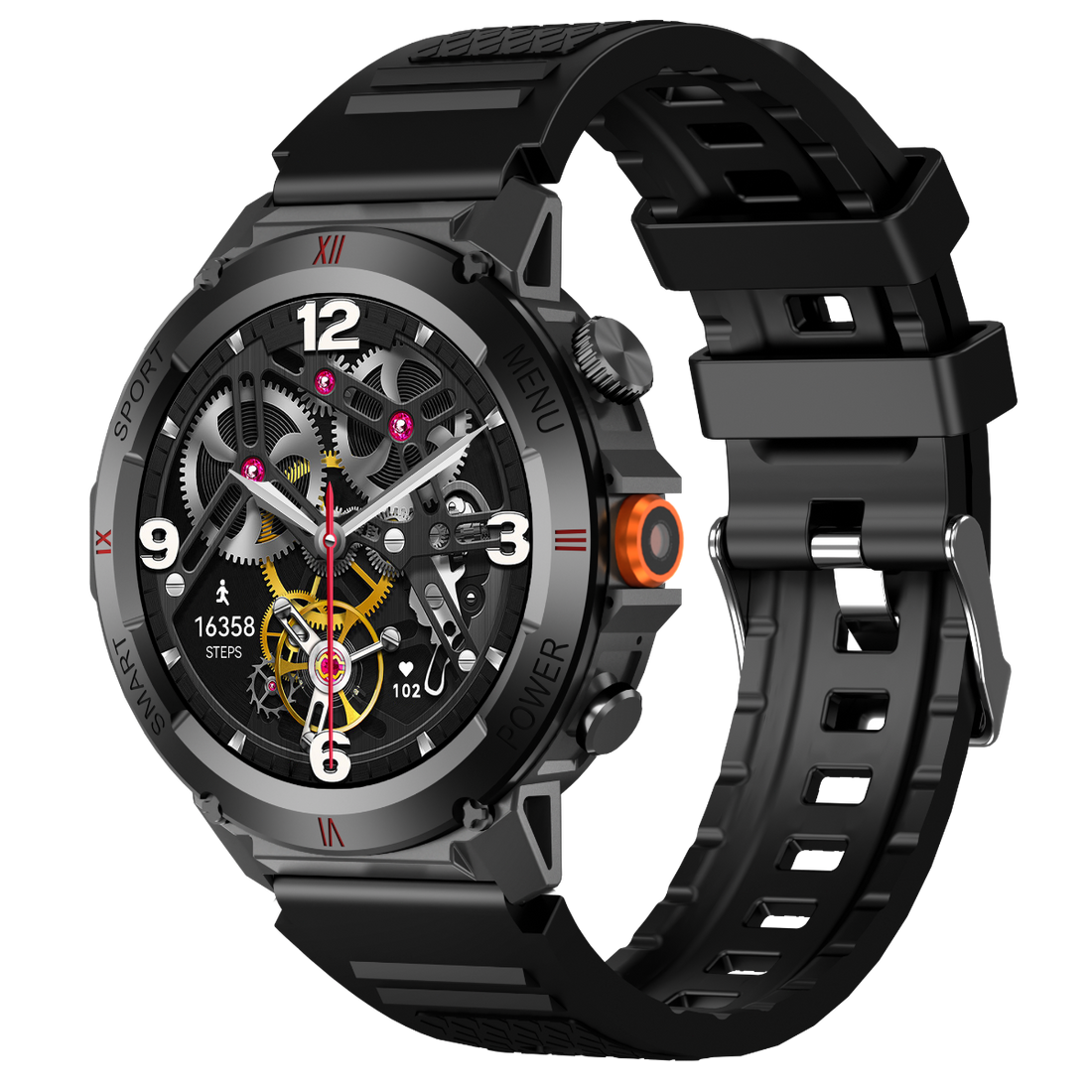
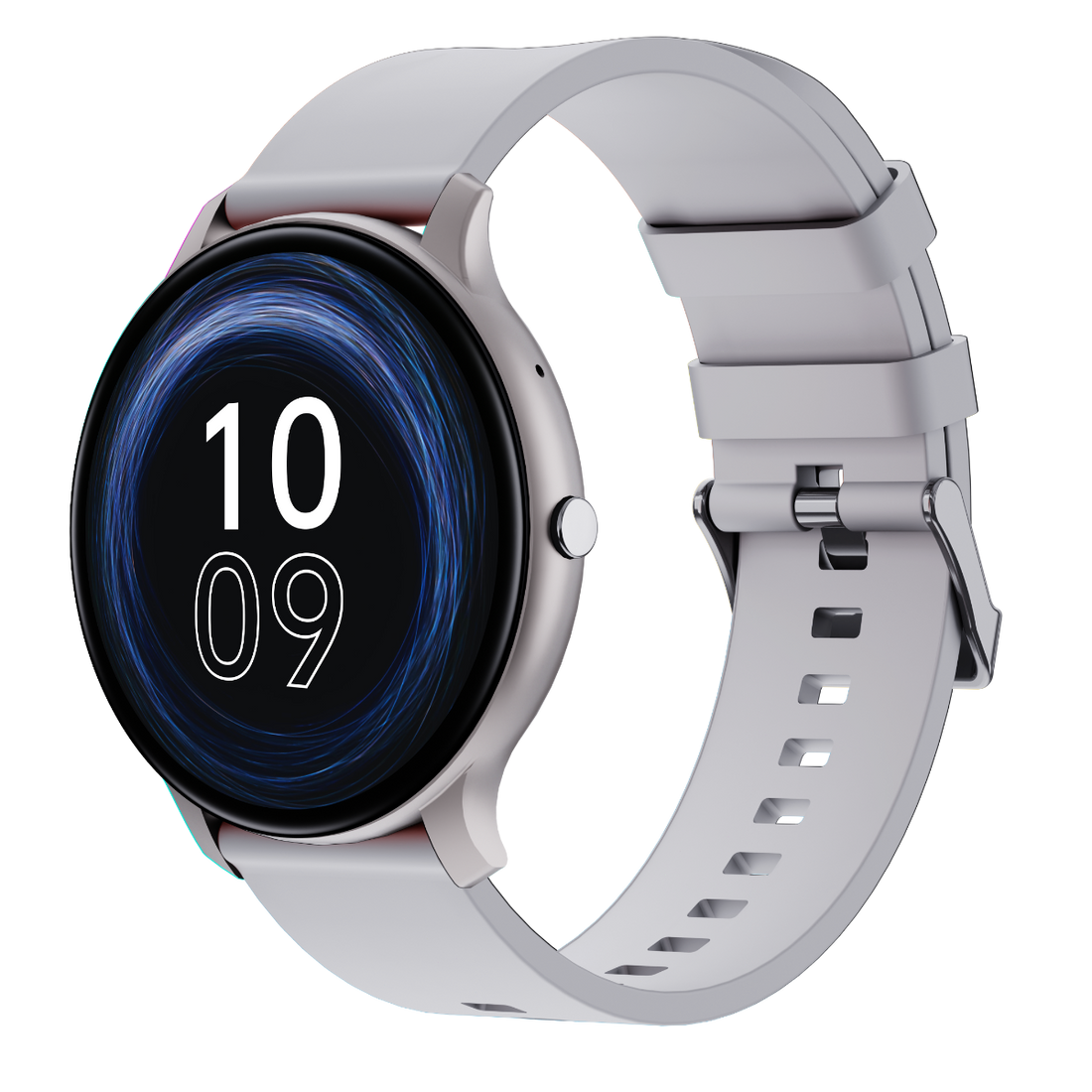
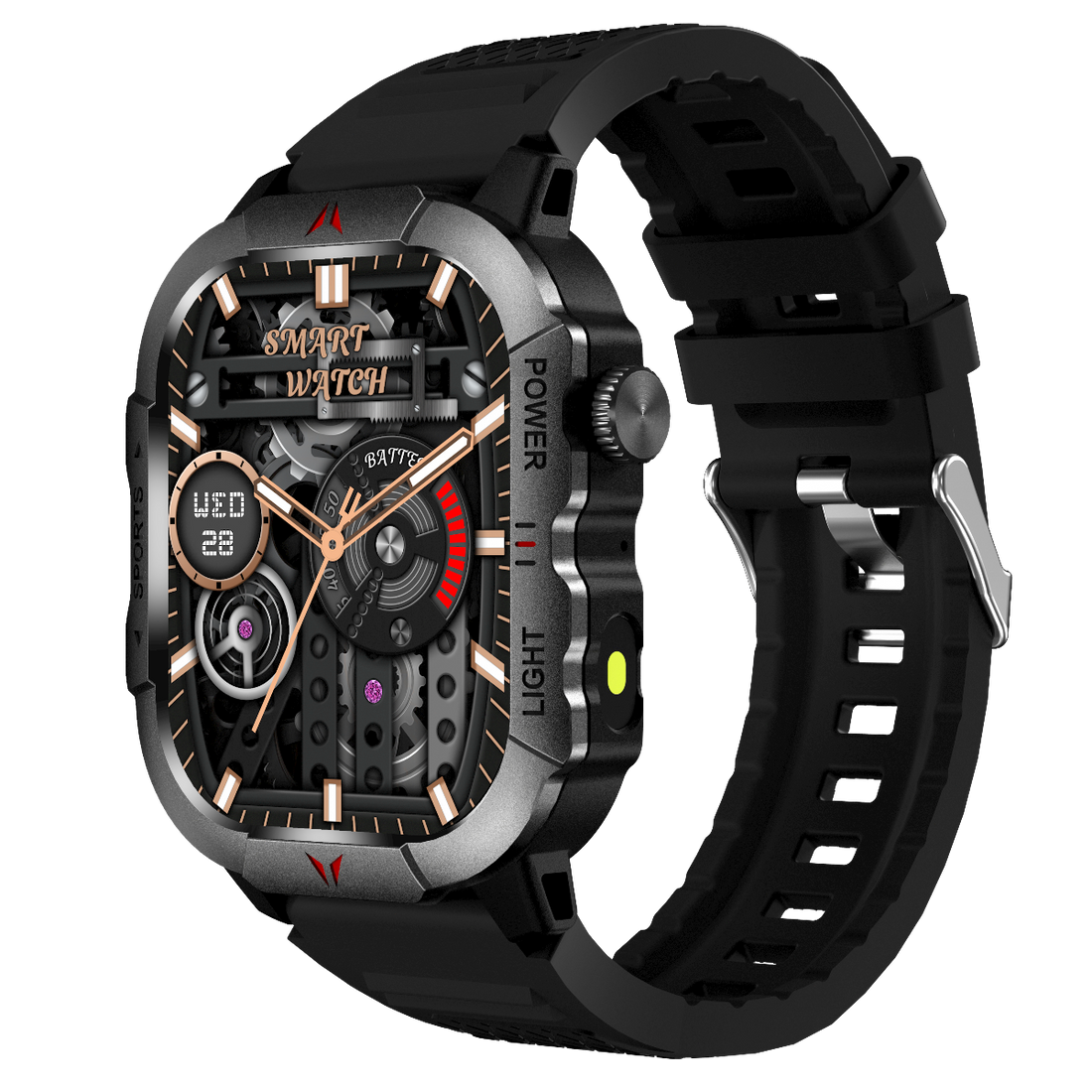
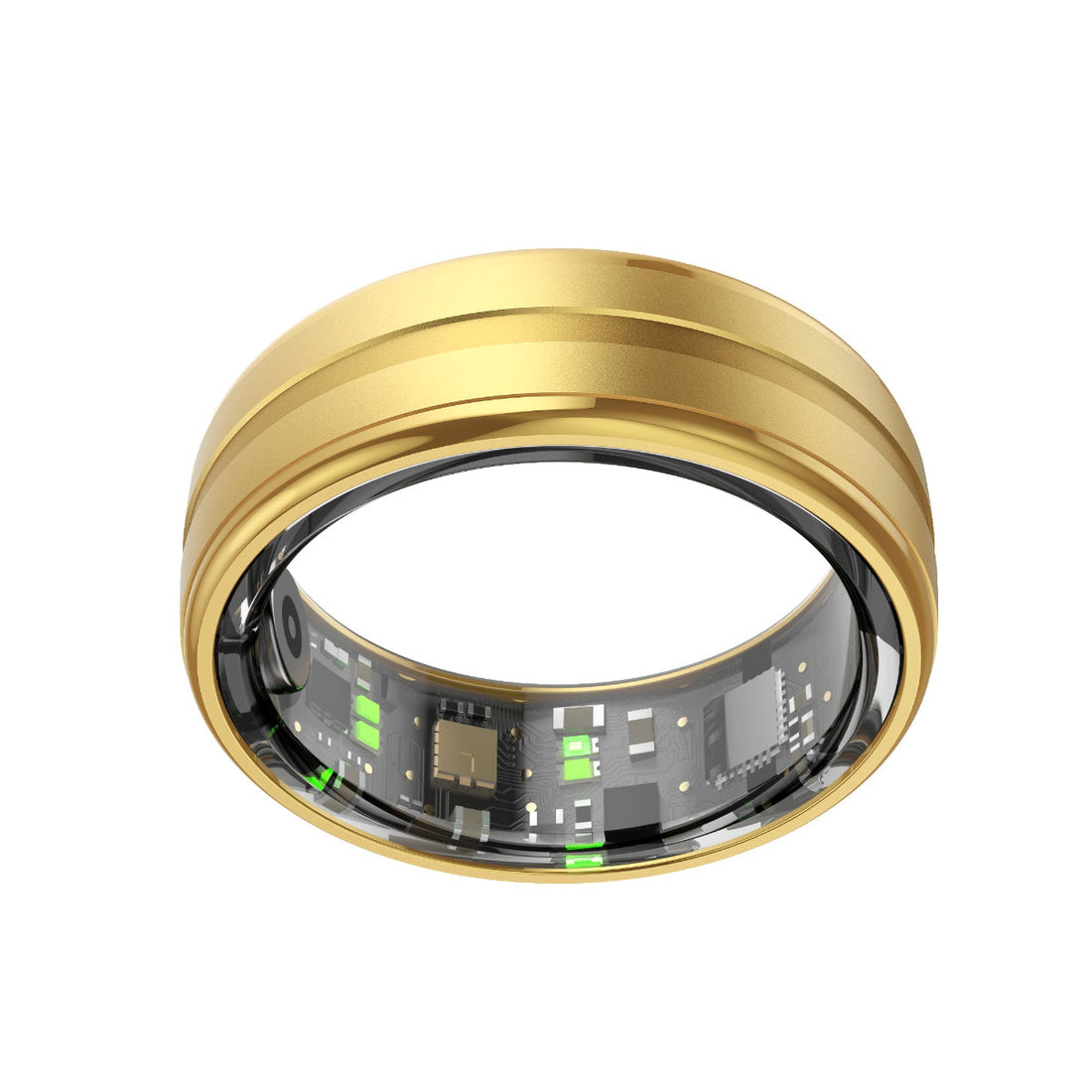
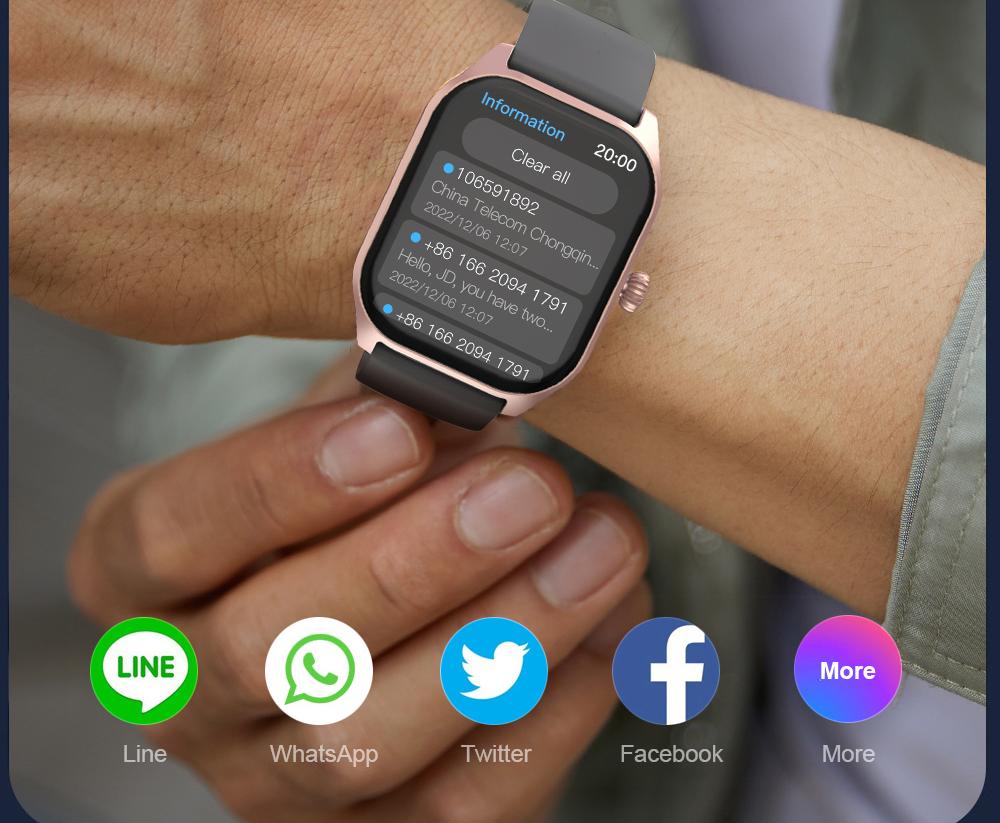
How Smartwatches Are Revolutionizing Healthcare in 2024
With the rapid advancement of technology, smartwatches have evolved beyond simple timekeeping tools, playing a crucial role in transforming healthcare management. In 2024, smartwatches are equipped with numerous health-monitoring features, making them indispensable companions for managing everyday health. From heart rate monitoring to blood oxygen levels, these devices provide real-time insights into our physical well-being, helping users stay on top of their health and prevent potential risks.
Heart Rate Monitoring: A Key Indicator for Everyday Health
Heart rate monitoring has become a standard feature in most smartwatches. These devices continuously track your heart rate, providing real-time data and alerts when anomalies arise. Unlike traditional health check-ups, smartwatches allow users to monitor their heart rate throughout the day, making it easier to detect abnormal levels of heart rate that could signal potential cardiovascular issues.
Blood Oxygen Monitoring: Enhancing Disease Prevention
Blood oxygen monitoring has become a game-changing feature in 2024 smartwatches. This function is particularly beneficial for users looking to monitor their respiratory health. With the ongoing rise in respiratory illnesses, such as during flu seasons or pandemics, blood oxygen levels are a critical indicator of health. Smartwatches allow users to stay ahead of conditions like hypoxemia and take timely action before serious complications arise.
Sleep Monitoring and Analysis: Improving Sleep Quality
Sleep is a cornerstone of health, and many smartwatches now come with advanced sleep tracking functions. By analyzing sleep cycles—such as deep sleep, light sleep, and periods of waking—smartwatches offer valuable insights into how well users are resting. This data helps users improve sleep quality by adjusting their habits, such as minimizing screen time before bed or altering their sleep schedule, which is especially helpful for people who struggle with insomnia.
Future of Healthcare Management: Smarter and More Personalized
As artificial intelligence (AI) and big data continue to develop, future smartwatches will offer even more precise and personalized health management services. These devices will learn from users' health data, predicting potential risks, and offering customized preventive measures. Additionally, the integration of smartwatches with medical devices and health platforms will make remote healthcare a reality, offering more seamless management of health data.
In conclusion, smartwatches in 2024 are no longer just fitness trackers—they are evolving into comprehensive health-monitoring tools that help users manage their overall well-being. With features like heart rate monitoring, blood oxygen levels, and sleep analysis, these devices are changing the way we approach health management, making it smarter, more convenient, and more effective.



